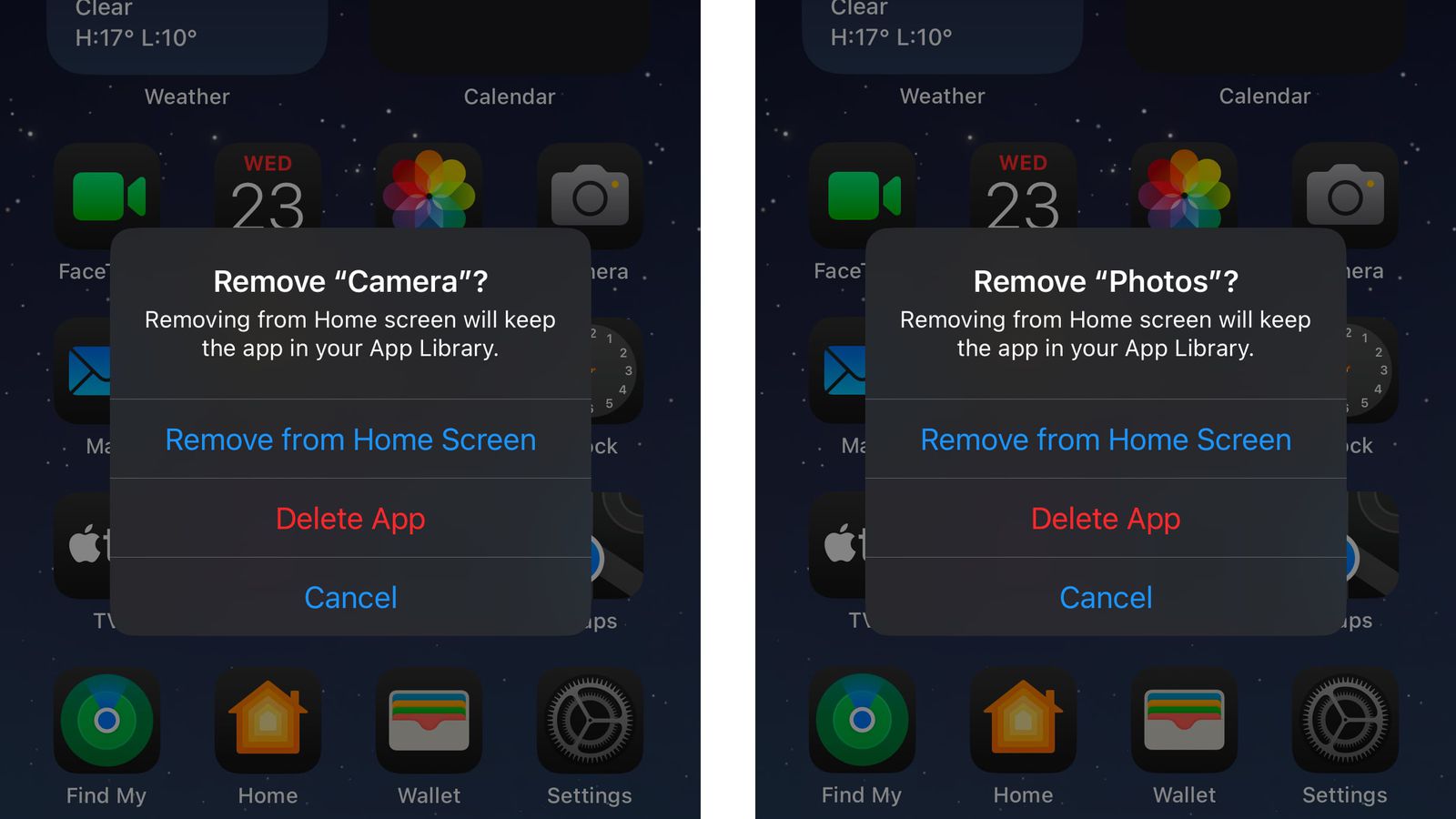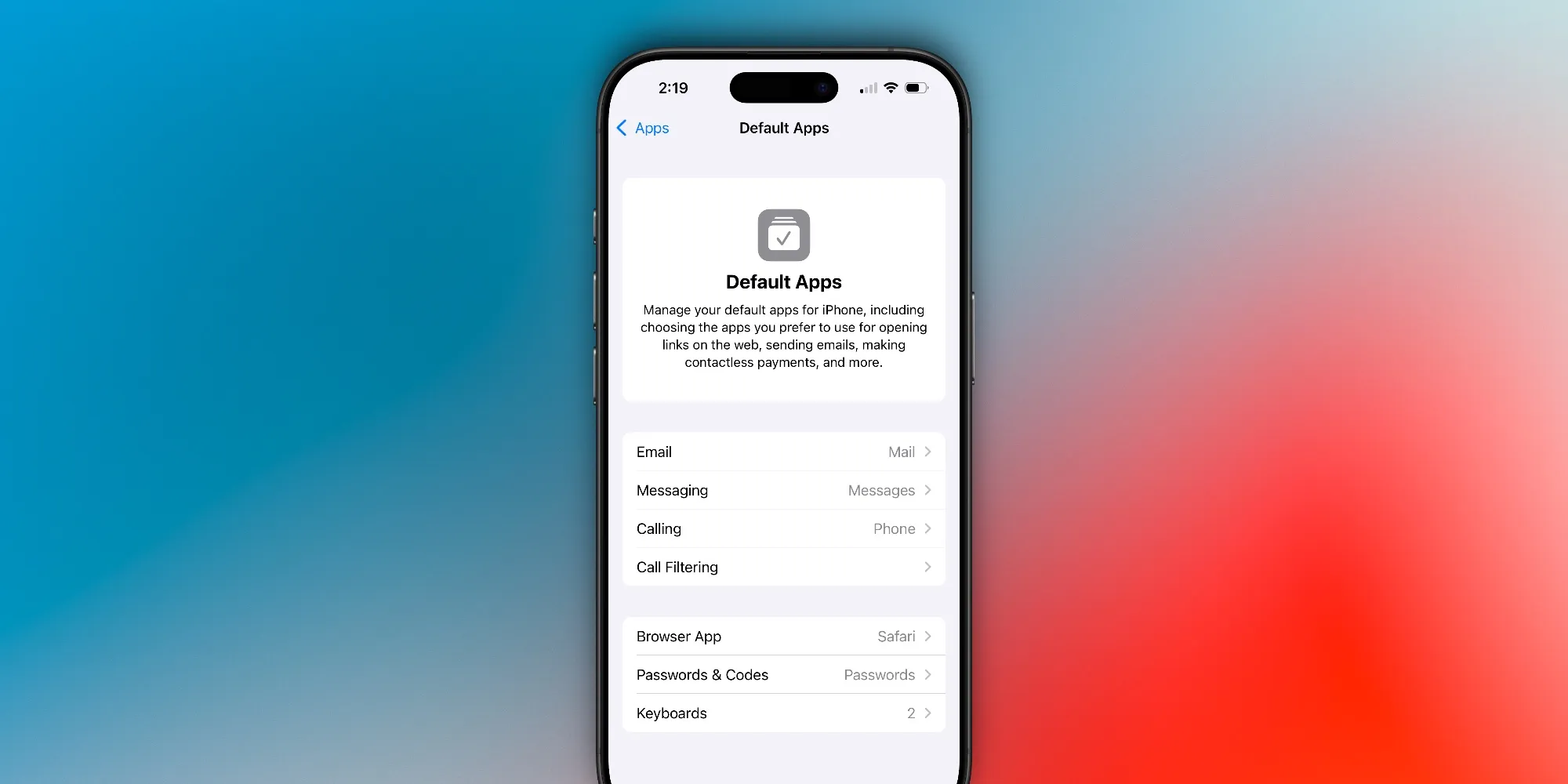Europe’s latest shift in digital policy significantly enhances user control over their devices, spearheaded by Apple’s iOS 18.2 update. This groundbreaking development allows iPhone users within the European Union to completely delete core apps like the App Store, Safari, Messages, Camera, and Photos—previously a limitation that frustrated many seeking a more tailored smartphone experience.

A Bold Move for User Autonomy
The move comes in response to the European Union’s stringent Digital Markets Act, a set of regulations designed to promote competition and reduce the monopolistic grip of tech giants. Apple’s compliance with this act marks a significant change in its operating strategy within the EU, offering users unprecedented freedom to shape their digital interfaces.
Previously, certain apps could only be hidden on devices in the U.S. and other regions, remaining undeletable. This change not only empowers users but also potentially alters the competitive landscape, encouraging the use of alternative applications.

How Does App Deletion in iOS 18.2 Work?
For those who choose to streamline their devices, removing default applications is straightforward. Should users decide to reinstall any of them, Apple has introduced an “App Installation” section within the Settings menu, ensuring that restoring these apps is as seamless as their removal.
Despite this newfound flexibility, essential services like the Phone and Settings apps will remain undeletable to maintain basic functionality. This careful balance ensures that while users enjoy more control, the integrity and operability of their devices are not compromised.

The Implications of Apple’s Strategy
This update is likely to set a precedent for how tech companies engage with regulatory demands and user rights in the future. By allowing the deletion of core apps, Apple not only adheres to new EU regulations but also positions itself as a proponent of user rights and customization.
Europeans now have the opportunity to redefine what is essential on their mobile devices, potentially influencing software development and app market dynamics across the region. This shift could encourage more tech companies to prioritize user preferences and transparency in their product offerings.
As Apple continues to update its systems and policies, the tech world watches closely to see how these changes will affect the global digital landscape. The ability to delete and reinstall core applications as desired is not just a technical update—it’s a statement about the future of digital agency and consumer power.










